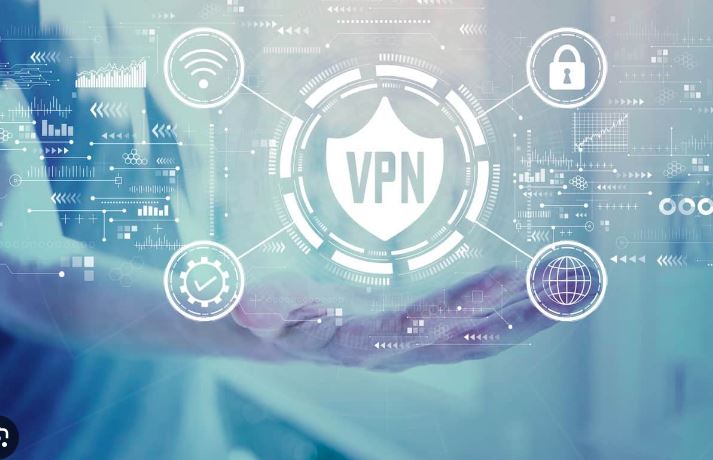In today’s digital age, where online privacy is becoming increasingly important, Virtual Private Networks (VPNs) have emerged as an essential tool for protecting our personal information and ensuring a secure online experience. But what exactly are VPNs and how do they play a significant role in online security? Let’s take a closer look.
Firstly, let’s define what a VPN is. Essentially, a VPN is a service that creates a secure, encrypted connection between your device and the internet. It works by routing your internet traffic through a remote server operated by the VPN provider, thereby masking your IP address and encrypting your data. This makes it almost impossible for anyone to intercept or view your online activities.
Now that we know what a VPN does, let’s explore how it enhances online security. One of the primary advantages of using a VPN is that it prevents unauthorized access to your personal information. When connected to a VPN, your data is encrypted, making it extremely difficult for cybercriminals and hackers to intercept and decrypt your sensitive information, such as passwords, credit card details, and browsing history.
Furthermore, VPNs also play a significant role in protecting your online identity. By masking your IP address with that of the VPN server, you can surf the web anonymously, without leaving behind a trace of your online activities. This adds an extra layer of security when accessing public Wi-Fi networks, which are notorious for being prime targets for hackers looking to steal personal information.
Another aspect of online security that VPNs address is geo-blocking. Many websites and streaming platforms enforce regional restrictions, limiting access to content based on your location. With a VPN, you can bypass these restrictions by connecting to a server in a different country. This not only allows you to access a broader range of content, but it also adds an extra level of privacy as your true location remains hidden.
It’s important to note that VPNs are not foolproof and do have limitations. While they provide security for your online activities, they do not protect against malware or viruses. Therefore, it’s crucial to combine the use of a VPN with other cybersecurity measures, such as using anti-virus software and practicing safe browsing habits.
In conclusion, VPNs are powerful tools that protect your online privacy and enhance your overall online security. By encrypting your data, masking your IP address, and allowing you to bypass geo-blocks, they provide a safer and more secure online experience. However, it’s important to remember that VPNs are just one piece of the cybersecurity puzzle, and it’s essential to adopt a holistic approach to ensure comprehensive protection in the digital world.

